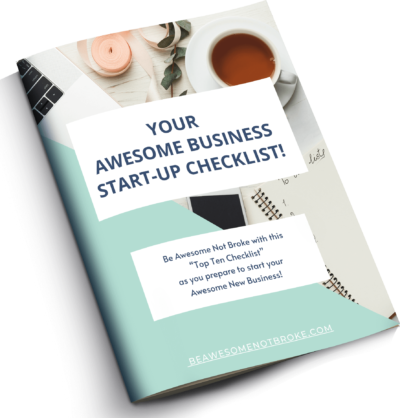First Off – What is Insurance?
Insurance is there for big-ticket items where it would be hard for an individual to replace that loss. For example, if your home is worth $300,000, and something significant happened to it, it would be difficult for you to come up with $300,000 cash to rebuild that house. Instead, insurance spreads the risk among a large group of clients and allows it to be more affordable for someone to insure high-value items such as a house or a car.
Why Disability Insurance is Necessary
Why is disability insurance important for small business owners? Disability insurance protects against the loss of future income. When you are your business–the business owner and the employee–you know, when you don’t work, you generally don’t get paid unless you generate some source of income without your active work. That’s called passive income.
There are two different kinds of disability insurance. Short-term disability insurance lasts anywhere from two weeks to two years. While long-term disability usually lasts around five years or more. This insurance is vital for small business owners because if you aren’t able to work and aren’t able to make income, what will you do? Where will you come up with the $3000 a month, the $5000 a month or the $10,000 a month that you earn? How would you replace that income?
Factors to Consider
Some critical factors to consider when getting disability insurance include your marital status and the streams of income you’re relying on. For example, if you have a partner, would their income sustain the both of you if you lost your job? If so, then the amount of disability insurance you might need would be less than someone who is single or in a partnership in which they are the sole wage earner.
A vignette: I got COVID back in early November, and since then, I’ve had lingering symptoms. As a result, I’m currently only able to work about six hours looking at screens during the day. But I need to take breaks every 60 to 90 minutes and take 15-30-minute naps. I close my eyes, and the throbbing in my eyes and the tingling in my brain will stop. Luckily, it’s getting better, but it’s still there. Because this affects my ability to work, I’ve been in touch with my disability insurance provider to discuss options. We’ve been in communication about starting a claim. I’ve organized all the paperwork if I choose to file a claim.
There are different components to disability insurance. First, the waiting period is when you, the insured, must wait before your coverage starts and would need to pay out of pocket before the disability insurance payments kick in. Another is the cost of living adjustment, an optional add-on that will help any benefits that you are paid keep pace with inflation if you become disabled. So every year, with inflation, the amount of money paid out would increase. Another critical component is whether the insurance is own-occupation versus any occupation. What that means is, if I can’t do my specific job as defined in the agreement, then I can qualify for disability. Whereas if I chose any occupation, and I’m still capable of working, the disability insurance would not pay benefits.
The Big Payoff
An interesting statistic about disability: one in seven people can expect to be disabled for over five years in their working lifetime. This statistic is a much larger number than I thought. So, you always want to insure against the most significant risks in your life: home insurance, disability insurance to replace your income, or auto insurance. For example, if you hit and injure a surgeon who cannot work for five years, and they make $500,000 a year, you may be responsible for those lost wages. So, that’s why insurance is essential.
So that’s a quick primer on disability insurance and why it’s so important for self-employed people! Let me know what questions you have. Please put them in the comments. I’m excited to hear from you, and let me know what other topics you would like me to cover in future blog posts!
This post was adapted from an episode of the Fireside Financials series. If you’d like to check out the video, you can watch it here!




0 Comments